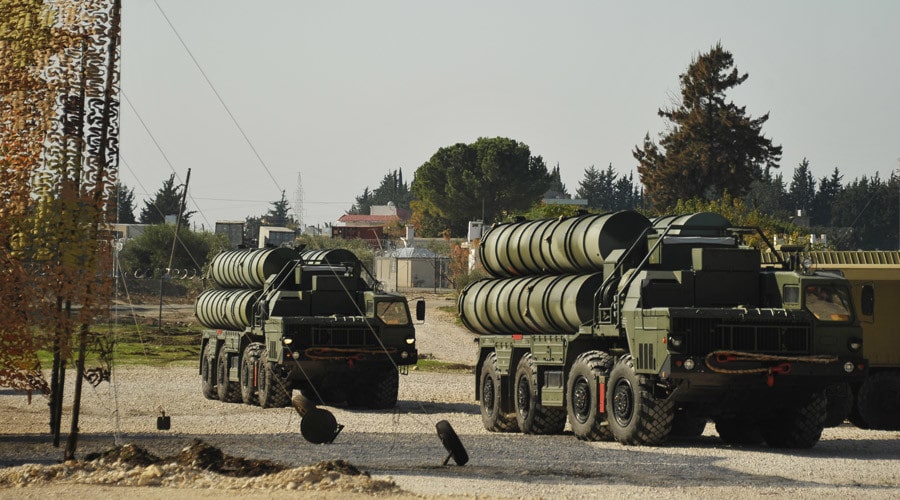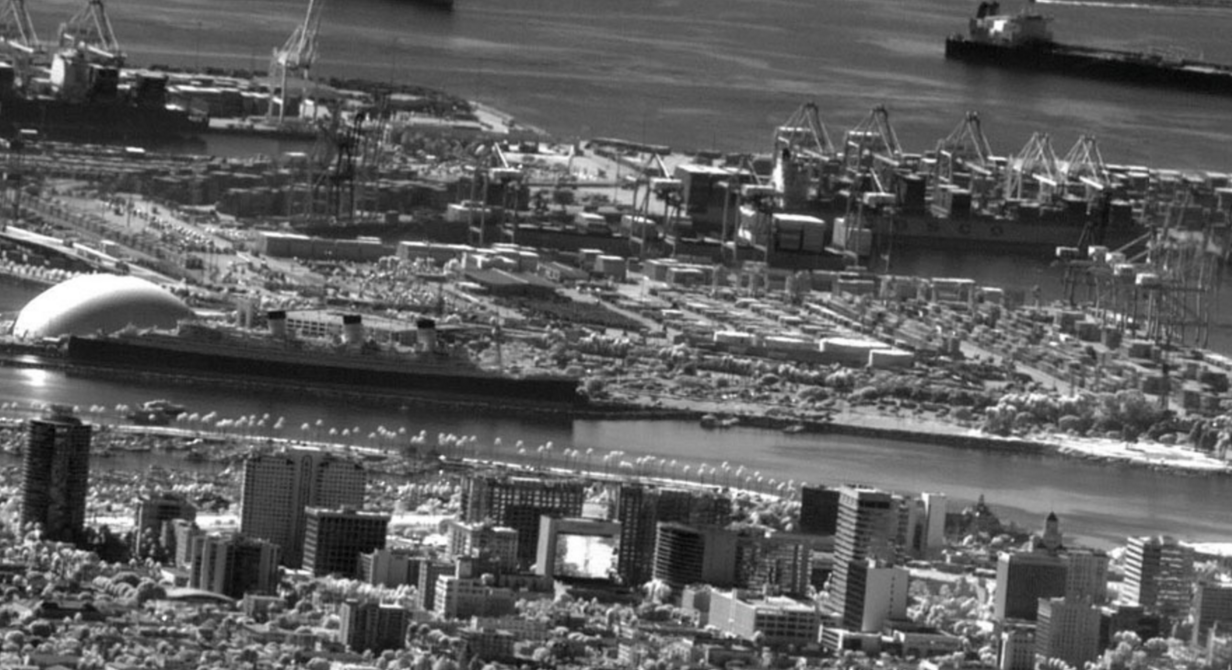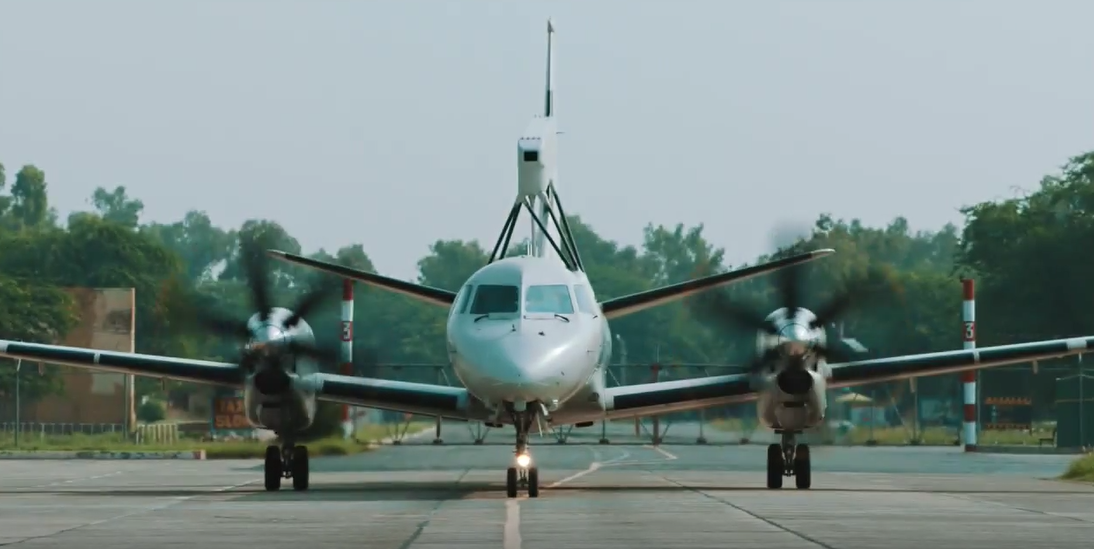2620Views 3Comments

Turkey and Russia formally ink S-400 deal
On December 29, 2017 Turkey and Russia formally inked an accord stipulating the sale of an Almaz-Antey S-400 Triumf long-range surface-to-air missile (SAM) system.
According to Turkey’s Undersecretariat of Defence Industries (SSM), Turkey will procure one S-400 system with an option to procure one more. Furthermore, Russia agreed to extend a loan to back the purchase, which is reportedly worth $2.5 billion U.S. Deliveries are scheduled to begin in late 2019 or early 2020.
Regarding the loan, Turkish President Recep Tayyip Erdogan suggested that its impact on Turkey’s hard or foreign currency-outflows will be limited because it will be in Russian rubles, instead of the U.S. Dollar.
“Such a step will be taken for the first time. We will not borrow in dollars, we will borrow in rubles,” said Erdogan to journalists on December 25, adding, “The treasury’s debt will therefore be much lower.”
The Russian presidential aide for military cooperation, Vladimir Kozhin, confirmed Moscow’s agreement to extend a loan to Turkey. Kozhin confirmed that the loan will cover a part of the purchase, with Ankara paying upfront for the remaining portion. Rostec (i.e. a state-owned company representing Russia’s state-owned industrial and defence industry firms) head Sergei Chemezov confirmed the loan, stating that Turkey will pay 45% upfront in cash, with the Russian loan covering the remaining 55%.
In November 2017, Turkey’s Defence Minister Nurettin Canikli announced that Ankara had “completed” the purchase, following upon Erdogan’s statement of Turkey already giving an advance payment to Russia.
The SSM also added that the S-400s will be under the control of the Turkish Armed Forces, but as a stand-alone system separate from NATO’s integrated air defence system (IADS). In addition, the SSM stated that a joint-production and collaboration element is involved, but it did not specify how this will be executed.
Regarding Turkey’s configuration, the Hurriyet reports – citing Defence Minister Canikli – that each S-400 system will include two batteries. The S-400 is a multi-layered system, with its marquee input being the 40N6 SAM, which has a range of 400 km. This is complemented by the 48N6 (250 km), 9M96E2 (120 km) and 9M96E (60 km) SAMs.
Notes & Comments:
Turkey joins China and India as an export user of the S-400. Negotiations for the S-400 began following a thaw in Ankara’s relations with Moscow, which froze as a result of the Turkish Air Force downing a Russian Su-24 during Russia’s aerial campaign in Syria in 2015. Negotiations for the S-400 began in February 2017, with Turkey formally expressing interest in the system in November 2016. Like the ill-fated HQ-9 deal with China Precision Machinery Import Export Corp (CPMIEC) in 2015, NATO expressed its concerns with the S-400, implying that Ankara could face residual consequences outside of the system’s technical limitations (i.e. the S-400 not being interoperable with NATO’s IADS).
However, in parallel, Turkey has a joint-program with the French-Italian air defence consortium Eurosam to develop and produce another long-range SAM system. In July, Eurosam signed a “Heads of Agreement” with Turkey’s SSM, Aselsan (electronics) and Roketsan (rocket/munitions). Upon completing a study, the Turkish-Eurosam consortium will reportedly begin development of the SAM in late 2019 or early 2020.
Eurosam had competed with the MEADS (Medium Extended Air Defence System) consortium, which is based on the PAC-3 MSE (Patriot Advanced Capability Missile Segment Enhancement), for Ankara’s offer. Currently, Eurosam offers the MBDA Aster-30 based SAMP/T (Surface-to-Air Missile Platform/Terrain), a long-range SAM system with a range of over 100 km and speed of Mach 4.5.
Although developed with the support of an overseas partner, this SAM appears to be Turkey’s intended national solution, which it had greenlit in 2015 in the aftermath of walking away from a $3.44 billion U.S. deal for the HQ-9 with CPMIEC. This Turkish-Eurosam program will support Turkey’s interoperability with NATO as well as the long-range SAM solution for Turkey’s TF-2000 frigate.



3 Comments
by kadet
President Erdogan is expected to sign a cooperation with EUROSAM during his visit to France on January 5th. The signatures will be thrown forward as Turkey’s cooperation with EUROSAM Italy-France partnership in order to develop a national missile defense system.
by samimanwari
What I could not find and understand is what is the different between S400 system and S400 battery
by Steve
Good not to put all eggs in one basket